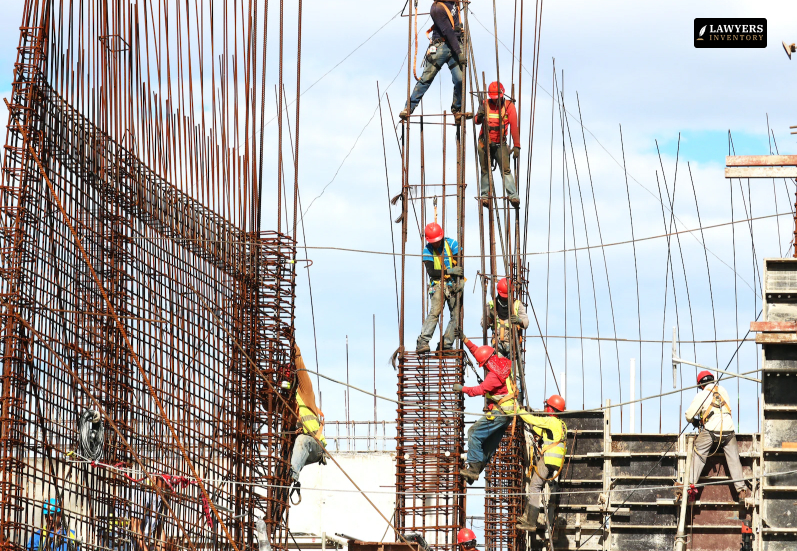
Imagine traveling 9 hours every day for the sake of work. A migrant worker faces unique challenges and vulnerabilities.
Poor working conditions. Long hours. Less than minimum pay. They are people who are away from home. Moreover, financial struggles are an everyday thing. They have a million things to worry about- visa, finance, employment, sustenance, family back home, so much!
Additionally, we know migrants often struggle with getting adequate access to support, resources, and information about their rights. Therefore, the U.S. Department of Labor is the official body in the United States that looks out for migrant workers.
Our Article
Thus, the Department of Labor sees to it that the working conditions are safe by ensuring your workplace safety, health, and protection of rights. Moreover, the department may even work in collaboration with a law firm. For example, law firms in New York or law firms in North Carolina enforce migrant worker rights.
So, in this article, we will talk about the legal rights of a Migrant worker in the Us. Additionally, we will also look into laws that protect them.
What Is A Migrant Worker?
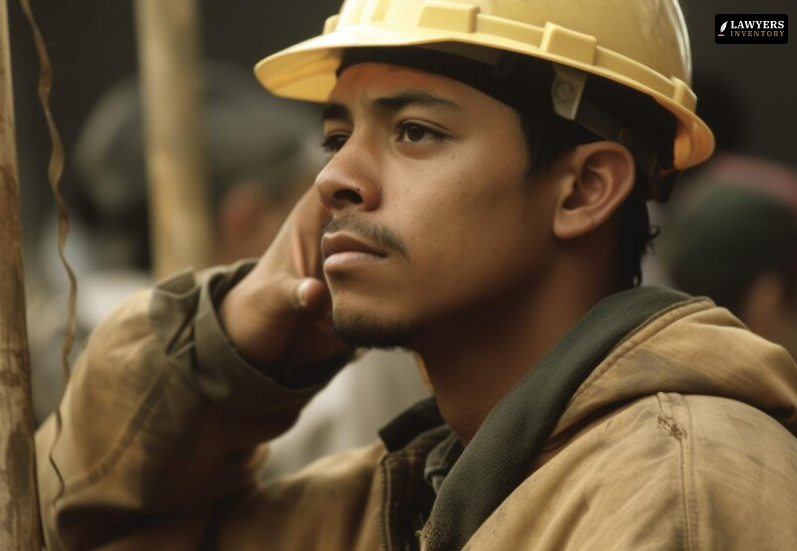
Migrant workers in the U.S. are workers who travel more than 75 miles from home for work. They most commonly engage in agriculture, food processing, or related industries.
Moreover, these people usually live in those parts where employment opportunities are scarce. Therefore, they want to look for employment away from their residence.
Under U.S. law, the Department of Labor supports and provides resources to these migrant workers. There are different laws in place that ensure the following.
- workplace safety,
- health and safety standards,
- and proper wage payment.
Did You Know?
According to a report from the Department of Labor, foreign-born migrant workers make up a whole 18.1% of the U.S. labor force. This data is as recent as 2022 and marks the highest percentage in 27 years.
Recently, department heads, political busybodies, and economists have proposed motions to better the working conditions of migrant workers. Therefore, laws could be in shape for raising the salary threshold for migrant workers. Good news, right?
Definition: Migrant Worker
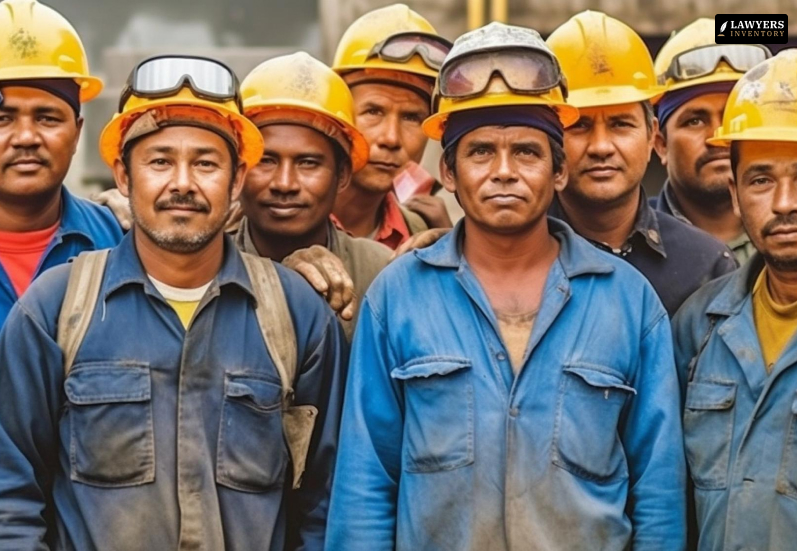
Migrant workers can mean different things. In the United States, it often refers to someone who moves around for seasonal jobs. For example, farming.
But in other places, it’s about a person working in another country.
Moreover, in a big country like the US, different places and weather changes come hand in hand. Therefore, some workers move around for different job seasons.
Additionally, a migrant worker often means someone who does seasonal jobs like reaping, farming, etc. Unfortunately, the common idea seems to be that these workers don’t have many skills or education.
In reality, illegal immigrants from different places like Mexico or neighboring countries can come to the US looking for a better life. That is why, employers often take advantage of their lack of documentation or language barrier.
What Are The Struggles Of A Migrant Worker In The USA?

Have you heard about migrant worker deaths Qatar? There are multiple struggles that migrant workers face worldwide. Sadly, the situation in the US is not that different.
They Were Recruited Unfairly
This is a common struggle amongst migrant farm workers. The employers make certain promises, like good and safe working conditions for fair benefits. However, they do not fulfill them later after employment.
Therefore, in these conditions, the US Dept of Labor could take steps against the employer for deceptive recruitment practices or promises of false wages.
Thus, US government takes work conditions and worker rights very seriously.
Feeling Unsafe at Work
Many migrant workers encounter unsafe work conditions. Often due to inadequate safety measures or insufficient training from the employers, the workers get hurt.
Therefore, over the years, there have been double the risks of accidents and health issues. Additionally, some migrant workers also claim that they face harassment or discrimination at the hands of their employers.
For instance, a construction worker sustained an injury from a fall due to a lack of proper safety equipment. The employee was forced to return to work even if they had not fully recovered yet. In this case, seeking the help of a construction accident lawyer is strongly advised.
Facing Threats and Retaliation
A migrant worker might experience threats or retaliation from their employers. These cases happen if they raise concerns about unfair practices. Moreover, some claim that they have even lost their jobs when they questioned workplace safety.
Wage discrepancies are also extremely common for a migrant worker. There are reports of threats of dismissal or reduced work hours as a form of punishment.
Not Receiving Proper Wages
Some migrant workers encounter issues with receiving their rightful wages. Moreover the most common complaints by a migrant worker includes the following.
- Underpayment.
- Wage theft.
- Unpaid or underpaid overtime.
- Employers not paying on time or at all.
- Concerns about Human Trafficking
Probably the most serious struggle of them all, some workers fear being victims of human trafficking.
After all, there have been reports where the employer coerced or deceived the migrant worker in exploitative situations. It is the same vicious cycle of control, abuse, or manipulation.
What Is The Migrant And Seasonal Agricultural Worker Protection Act?

The Migrant and Seasonal Agricultural Worker Protection Act protects a section of migrant workers. As we talked about before, a migrant worker is mostly a seasonal-agricultural worker in the United States.
Therefore, the Wage and Hour Division looks into the following practices through the Act.
- Farm labor contractors.
- Agricultural associations.
- Agricultural employers.
- Migrant housing providers.
Provisions Of The MSPA
The law sets rules for employers hiring farm workers. It tells farm contractors, employers, and others to follow certain standards when working with these employees.
What Does It Say About Registering Contractors?
People hiring farm workers need to sign up with the Labor Department before hiring them. Employers should check if they are registered under the Act.
Employers must share job information in writing when hiring migrant workers. Seasonal workers can also ask for this info, and it should be in their language.
Moreover, all employers should pay wages on time, not force workers, and respect work arrangements.
Houses for farm workers and vehicles used to transport them must meet safety rules.
Additionally, contractors must follow any agreements made with employers.
What more?
This law also makes sure workers get written job details. They can complain or sue without worrying about job security.
To Conclude
A migrant worker faces multiple challenges for their employment purposes. If migrant workers think their rights are suffering, they can take action. They can complain to the Labor Department or even sue their employers.
Moreover, they have the right to speak up without being scared of punishment. Therefore, the law protects them when they report any problems or unfair treatment.
Read Also:
- Qualities To Look For When Hiring An Employment Lawyer
- Things To Be Included In An Employment Contract For Freelancers







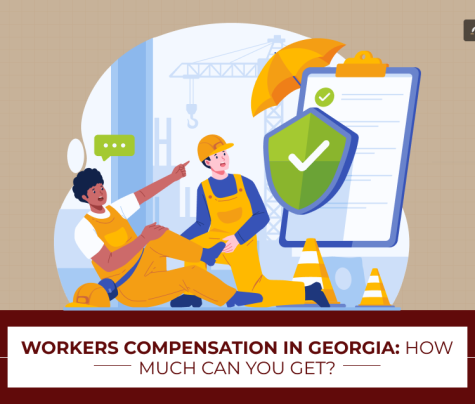


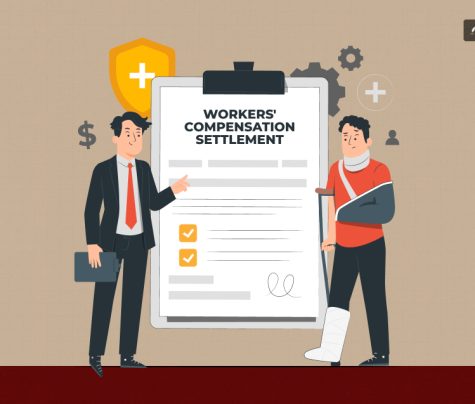
0 Reply
No comments yet.